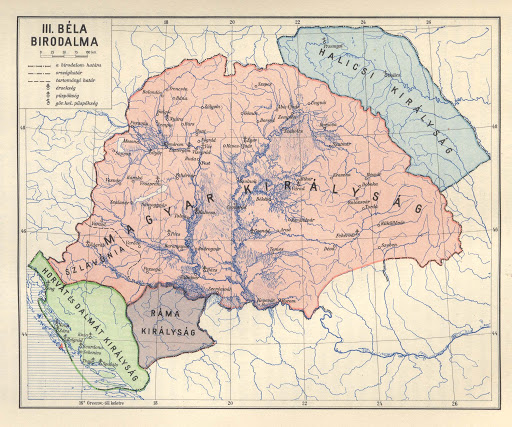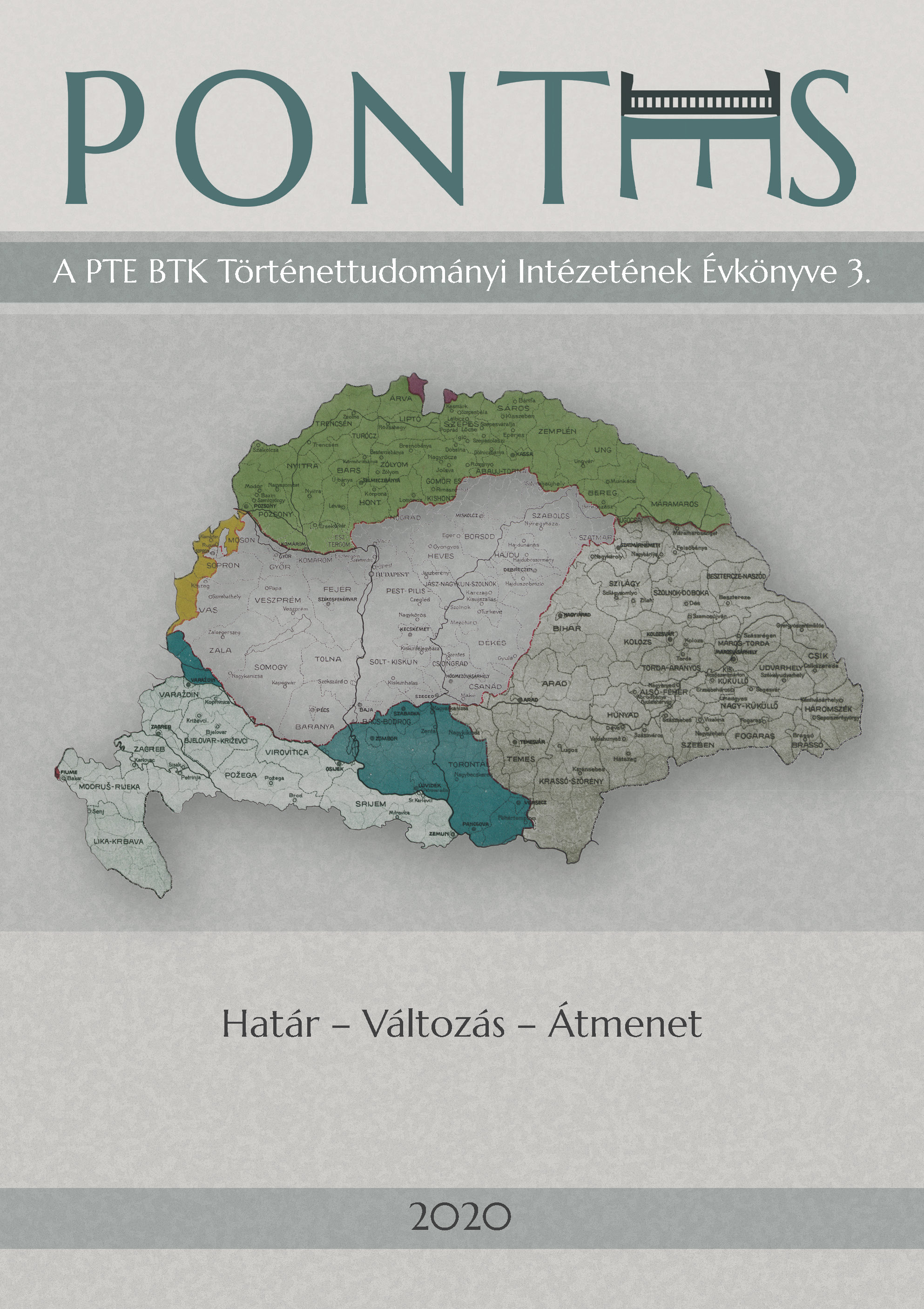A Kárpátokon innen és túl
A Magyar Királyság és a Halicsi Fejedelemség határa a 11‒13. században (avagy hol lépte át országa határát a magyar király útban Halics felé?)
DOI:
https://doi.org/10.15170/PONTES.2020.03.01.02Kulcsszavak:
Halicsi Fejedelemség, Magyar Királyság, határátlépésAbsztrakt
Borders did not mean in the Middle Ages a line between two countries at first, but merely the end of the rule of dynasties or certain persons in geographical sense. The monarchs were defending their territories, but in the meantime the were also seeking their extensions, therefore borders were not as stable as in later centuries. The study examines the changing border between the Hungarian Kingdom and its East-Slavic neighbours in the East from the perspective of both sides. The remaining sources of the two territories are of diff erent nature, in Hungary we can count with the data of charters as well, meanwhile in Eastern-Europe only the texts of narrative sources are available. One can observe an organized defence system on the Hungarian side based on the landscape as early as the 11th century. The rule was organized on the Eastern side of the Carpathians from the early 11th century, yet this territory was merely a borderland between Eastern and Western Slavs, and between the principalities of the Kievan Rus’ and the nomads of the steppe.







